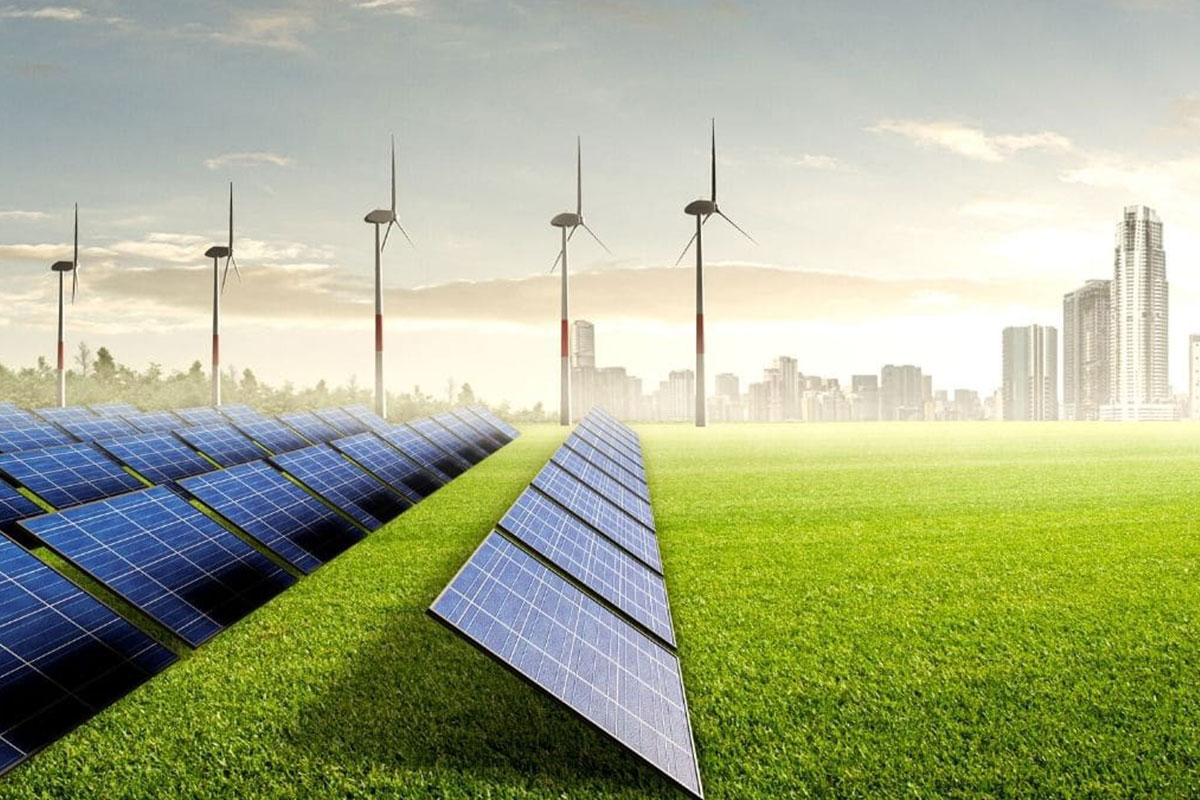The energy sector plays a central role in Uganda’s economy. It is the engine for economic growth and development, and a vital input into all the productive and social sectors of the economy.
The major sources of energy in Uganda are bio-mass, petroleum and hydro-electricity. These provide approximately 96.5 percent, 1.5 percent and two percent, respectively 8 of the total energy consumed in the country. Other renewable sources of energy contribute negligibly to the national energy balance. The level of electrification in the country is very low, with only about five percent of the entire population connected to national grid. In the rural areas, where more than 85 percent of the population live, only about one percent of the households are connected to the national power grid, and a few others get part of their energy needs through household generators, batteries and solar photovoltaic (PV).
In terms of natural resources endowment, the country is blessed with a variety of energy resources. These include abundant biomass and water resources, ideal solar conditions, peat, geothermal, wind and large quantities of non-woody biomass. Except use of traditional biomass whose contribution is already enormous, the remaining energy potential remains untapped. Despite Uganda’s vast hydro-power potential estimated at 3000 MW, less than 10 percent of this potential is exploited. The net result has been pressure on the natural resource base, mainly forests, leading to degradation and deforestation.
Key Actions Implemented by Western Uganda FBO Network:
- We are engaging with institutional frameworks including; Ministry of Energy and Mineral Development (MEMD)
National Environment Management Authority (NEMA), National Forestry Authority (NFA), In line with policies such as the Energy Policy, 2002
Constitution of the Republic of Uganda, 1995 and Electricity Act, 1999 and these action points are being advocatedfor; - Holding engagement with legislators, district councils and stakeholders to innovation that meet the energy demands of the growing economy on sustainable and efficient basis and improve standard of living of people.
- We have entered the clean innovation and market base so as to increase demand and utilization of renewable energies such as clean energy cooking stoves and accessible solar lamps.

